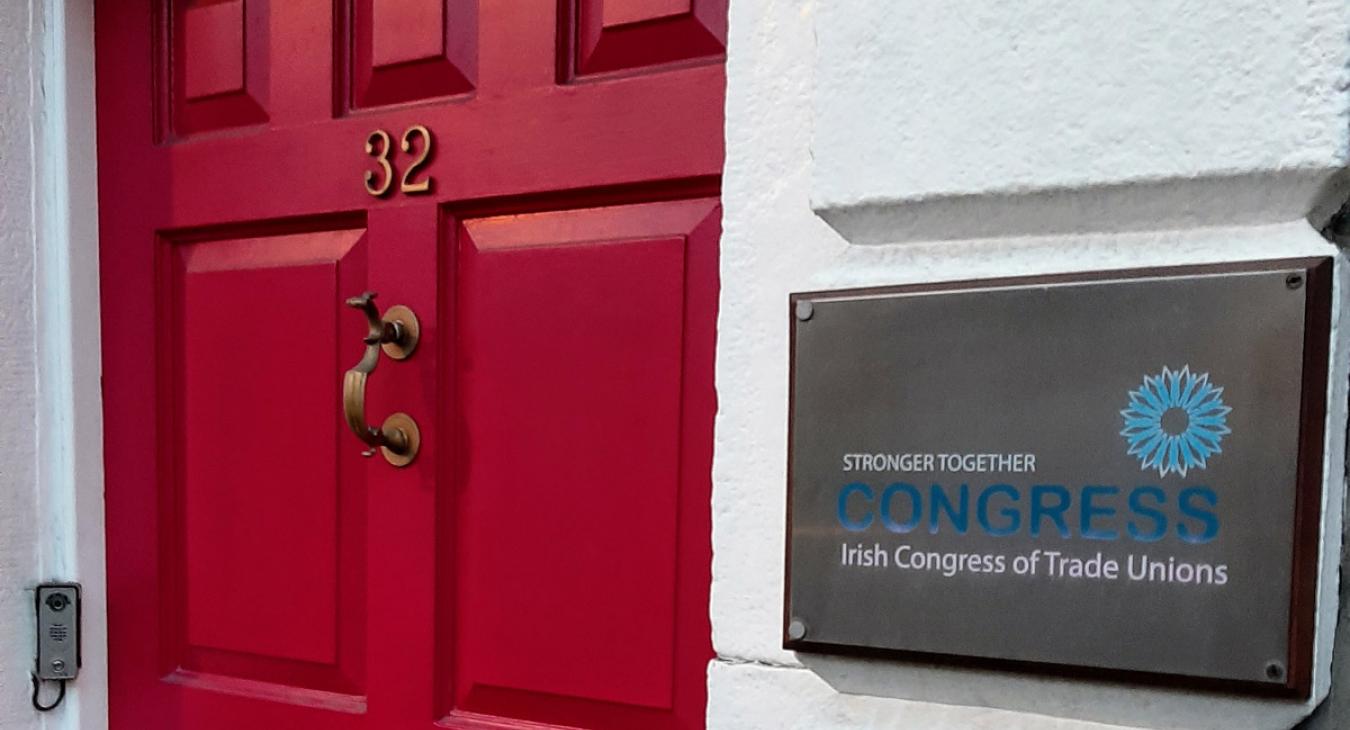Updated / Monday, 13 May 2019  ICTU chief said sectors such as accommodation, food and retail argue there should be no changes or increases in the minimum wageBy Ingrid Miley Industry and Employment Correspondent
ICTU chief said sectors such as accommodation, food and retail argue there should be no changes or increases in the minimum wageBy Ingrid Miley Industry and Employment Correspondent
The Irish Congress of Trade Unions has accused employers in the accommodation, retail and hospitality sectors of seeking to work low paid employees as hard as they can for as long as they can, for as little as possible.
Addressing the Unite trade union conference in Dublin, Congress General Secretary Patricia King said that as someone who sits on the Low Pay Commission, she hears all the submissions regarding whether the National Minimum Wage should be increased.
She told delegates there were certain particular sectors such as accommodation, food and retail 'to name but a few", who argue that there should be no changes or increases in the minimum wage, and that there was no such thing as a low pay economy.
She said their policy, which they had had for decades, was to work people "as hard as you can, for as long as you can, for as little as possible".
Ms King said that improvements in access to collective bargaining would play a crucial role in ensuring economic inclusivity - as well as making it more difficult for employers to pursue a strategy of driving down pay to increase their own competitiveness.
On climate change, Ms King said the existential threat to the planet was now on a scale that had never been faced before, at a national or global level. She told delegates: 'there are no jobs on a dead planet".
She noted the primary priority in Ireland must be to reduce greenhouse gas emissions over coming decades, and called for a "Just Transition" forum to ensure support for workers particularly in the energy sector like Bord na Móna who could be affected by climate change policies.
She demanded a strategic response, "with a real commitment to State and European aid".
Unite also represents workers in Britain and Northern Ireland and Ms King told delegates that ICTU had "grave concerns" about the impact of a potential hard Brexit on the rights of workers and citizens, trade, jobs and the Good Friday Agreement.
She also voiced fears about the possibility of the reintroduction of the border on the island of Ireland, but said Congress was equally concerned that they must avoid a border within the UK, between Britain and Northern Ireland and any economic border between these islands.
She noted that Brexit had been incredibly divisive for the UK, but added that irrespective of how people had voted, they clearly did not vote to become poorer or to have an uncertain future for themselves and their families.
She said the Irish trade union movement would seek to ensure the closest possible relationship into the future.
She also warned that unless the state began to build housing on a sufficient scale, as it had done in the past, the housing emergency would only worsen.
However, the Chief Executive of the Restaurants Association of Ireland has described Ms King's comments as "outrageous" and called on her to withdraw them.
Adrian Cummins accused Congress of having a "vendetta" against employers and said unions would be better off cooperating with them.
He noted that the sector had created 55,000 jobs in hospitality during the economic crisis.
During that crisis, the hospitality sector benefited from a special lower 9% VAT rate to assist it.

